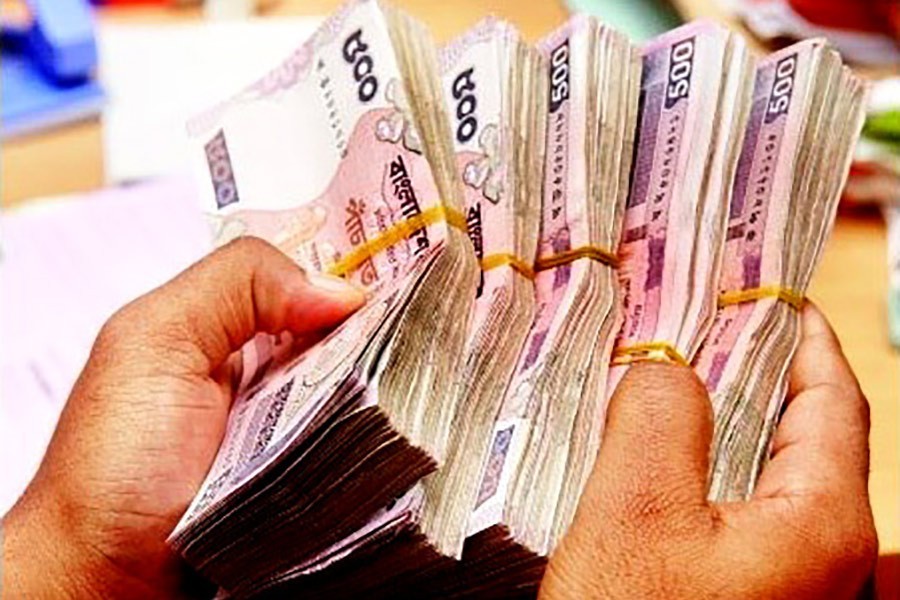
Published :
Updated :

A lot of people are left behind when the 'new real' demands ways of life they can not keep up with. Small traders, wage earners, vendors, freelancers and all such people have lost their earnings but have to buy food, medicine, essential items and information technology services. In most countries, except welfare economies, stimulus packages given to stimulate demand mainly support the supply side actors - those who dominate production and services pulling huge money from the market.
Unless income sources are created during and after the current crisis, it's hard to predict how long most people would be able to buy essential commodities and services. If majority can't earn, how would they spend to help the market forces to survive?
Around $6.5 trillion in household wealth has reportedly disappeared in the US since the start of the pandemic. It's a global crisis period when collective US billionaire wealth has surged by more than $584 billion. The BBC's media editor Amol Rajan, in a Guardian article, has termed the process "the biggest asymmetry of knowledge, wealth and power in the history of our species".
Repercussion is also there. 'People living in wealthier nations feel isolated and vulnerable in a way they have not felt for generations', finds a new study 'World in Crisis' carried out by Singapore-based Blackbox Research.
Opinion leaders foresee birth of a new world soon but don't say how that would stop the one-way flow of money. Despite certain disillusionment in the West, the same model of widening wealth disparity is being applied in countries like ours. Somehow, society, too, refrains from raising strong questions.
Blackbox founder David Black has one answer: "There is a growing realisation that political and business leaders are short on long-term answers, and "community" is now a term more likely associated with social media than social cohesion."
Most of the problems that are visible today are not new but the Codid-19 has arrived as a decisive moment perhaps to unfold a turning point of history. Old system is about to scramble but new one is yet to be dreamt of, for bringing changes required.
Conventional players are advocating solution, out of old thinking. Foreign Affairs journal, in a new article 'The Committee to Save the World Order', calls for the US allies to step up when America steps down from continuing international leadership role. These are nine democracies that account for one-third of world GDP (gross domestic product). Other big powers have also started asserting their position on the global scene but such process, too, excludes many other stakeholders.
There are hardly any talks of redistribution of resources, domestically, let alone internationally. Still, for the third world leaders, the 'global affair' is, as if, a matter of the developed nations. In an article titled 'The new world disorder', The Economist has observed that the virus not only calls for global solutions, like treatments and vaccines, but it also aggravates local insecurity.
The countries like Bangladesh are not just lagging behind technologically advanced, wealthy nations but also facing their domestic crises in providing opportunities to, say, informal sector workers, and remittance earners who are all jobless, as well as a vast number of the poor.
Externally, the underdeveloped world couldn't take any action against tech giants for unfair market play unlike the fines imposed by the European Union or alternative web platforms floated by China. The real divider, according to the Guardian article, is speed. "Innovation is fast and unpredictable. Regulation is slow and consensual."
Banking on education and adopting new technology, counties including Bangladesh could have readied their youth bulge to compete internationally when developed nations are burdened with old populations. Instead, there is an unfortunate disconnect - we have no in-depth knowledge of what the Bangladeshi youth aspire and how their views can be accommodated.


 For all latest news, follow The Financial Express Google News channel.
For all latest news, follow The Financial Express Google News channel.